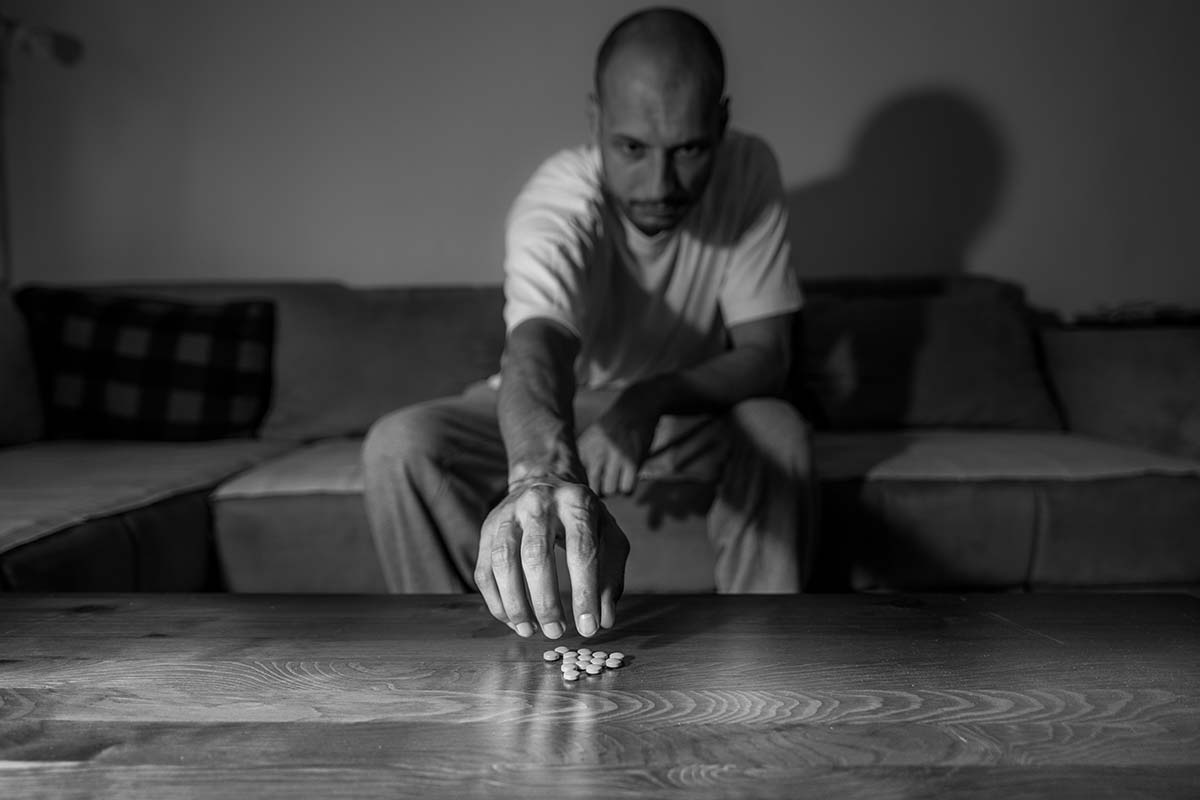When people talk about drinking alcohol or taking a particular substance, usually, they focus on how it makes them feel physically. Little is said or acknowledged about the psychological dependence behind every person’s addiction. We must acknowledge the role of such dependence and develop a plan to address it. This way, they can reach true recovery.
What Is Psychological Dependence?
It’s nearly impossible to separate the physical from the psychological aspects. Psychological dependence typically refers to the mental and emotional components connected with the development of an addiction and recovery. Because the physical and psychological intertwine, successful treatment must address both components.
Signs of Psychological Dependence
The signs of psychological dependence have both emotional and cognitive aspects. Attempting to withdraw can be severe. While you might not have all of the signs listed below, their presence suggests that you have developed a psychological dependence.
These signs include but are not limited to, the following:
- Feeling depressed if you aren’t using the substance of your choice
- Anxiety and/or depression if you’re trying to quit using
- Cravings that often consume most of your thoughts when you’re not using
- Feelings of restlessness and/or irritability if you aren’t using or if you’re trying to quit using
- Sleep disturbances that are the result of you trying to stop using
- Changes in your appetite as you try to reduce your use of your substance of choice or stop altogether
- Memory issues, concentration lags, problem-solving glitches, and other issues regarding cognitive function and/or judgment
- Obsessive thoughts regarding the use of your drug of choice and how to next obtain it
- Denying that you have a substance use disorder or attempting to romanticize your use
- Being uncertain if you’ll be able to stop using your substance of choice
Which Substances Lead to Psychological Dependence
The majority of addictive substances are associated with both psychological and physical dependence. However, some substances seem to cause psychological withdrawal symptoms. Some examples of such substances include the following:
- Cannabis products
- Most stimulants such as Ritalin and cocaine
- Opiates like morphine and heroin
- Many medications used to treat depression such as psychotropics
- Most hallucinogenic substances like LSD
- Inhaled products
Treatments at Westwind Recovery®
A trained professional with experience in addiction services should evaluate you for substance use disorder before you attempt treatment. Also, trained medical staff should closely supervise treatment because physical and mental distress often comes into play during detox.
Other options for treatment and related services include:
- Family therapy helps you and your family work better together, so you have the support you need to recover
- Health and wellness services because a holistic approach ensures that all your needs are addressed
- Mental health services allow the exploration, acknowledgment, and treatment of any underlying issues
- Weekend outings that focus on adventure because staying active releases endorphins that can improve your psychological health
Westwind Recovery® understands that substance use disorder is a complex condition. It’s not a one-size-fits-all approach. We know just how difficult deciding to get help is. We’re there to offer assistance every step of the way. Contact us today to talk to a member of our compassionate staff.

Dr. Deena is the Chief Clinical Officer of Westwind Recovery®, an award-winning outpatient treatment center in Los Angeles where she oversees the clinical and administrative program and treatment methods. Dr. Deena is a doctor of psychology and licensed clinical social worker since 1993. LCSW #20628. Originally from the East Coast, Dr. Deena has worked running treatment centers, worked as a therapist in psychiatric hospitals as well as school settings and currently has a thriving private practice in the LA area. Dr. Deena has appeared regularly on the Dr. Phil Show as an expert since 2003. She has also been featured on many other TV shows, podcasts and has contributed to written publications as well as podcasts.




